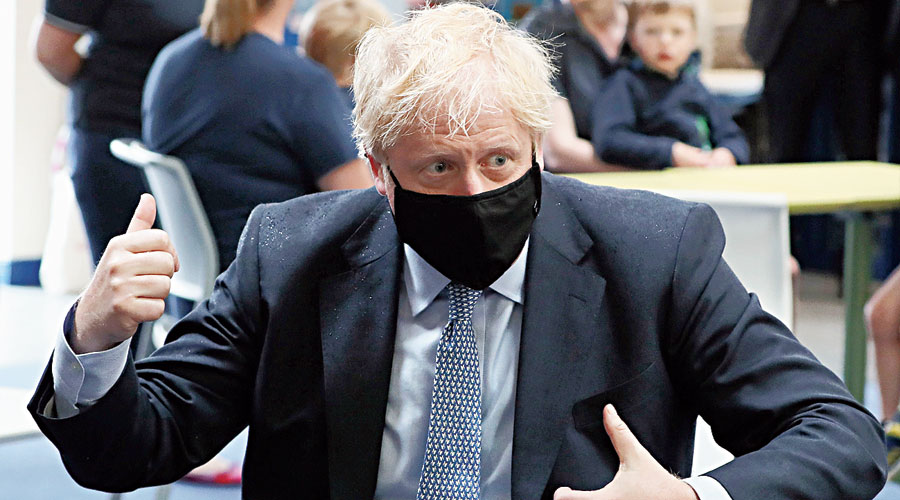An amicable separation is always better than one tinged with bitterness. The news that Britain and its largest trading partner, the European Union, have managed to chalk out their terms of separation would come as a relief, especially to the British prime minister, Boris Johnson, who is eager to milk the inking of the deal as a political accomplishment. Indeed, Mr Johnson has reasons to gloat about the achievement. As many as seven Conservative prime ministers, including David Cameron who lifted the lid on Brexit, had tripped on the vexing question of walking out of the EU. Mr Johnson has not only achieved this goal, but has done so without adversely affecting his political fortunes. The Tory triumph in the last elections, Mr Johnson can argue, was an unambiguous mandate for Brexit. But the ‘freedom’ from the EU’s coils — the Brexiteers saw it thus — may come with formidable challenges.
Even though Britain’s Parliament is expected to endorse the deal — the Labour Party has already welcomed the agreement and said it is better than a ‘no-deal’ exit — the contours of the pact remain unclear at the moment. The agreement apparently outlines Britain’s engagement with the EU in such critical areas as law enforcement, data and security. But this assurance is being challenged by persistent concerns. There is a distinct possibility of implosions that are likely to take place as Britain uproots itself from the security, ease and efficiency offered by a common market. Consequently, disruptions in supply chains of companies, a discernible dip in trade volume and — most critically — job losses are a foregone conclusion. The economic distress is likely to intensify public disenchantment at a time when Britain, like the rest of the world, has suffered considerably on account of the pandemic. It remains to be seen whether Mr Johnson’s pledge of returning Britain to its — mythical? — sovereignty functions as an effective balm in these trying circumstances. What may bring this cleverly created utopia of British autonomy under a cloud are the prickly points of contention with the EU. Has the possibility of the estranged partners invoking punitive action for anti-competitive measures been eradicated completely? The outcome of Britain’s decision to chart out an independent path will also be determined by matters over which it has little leverage: the economic and political leanings of the new occupant of the White House; the continuing rise of China and its consequences on the global order and so on. Britain’s tabula rasa moment is fraught with possibility and peril.











